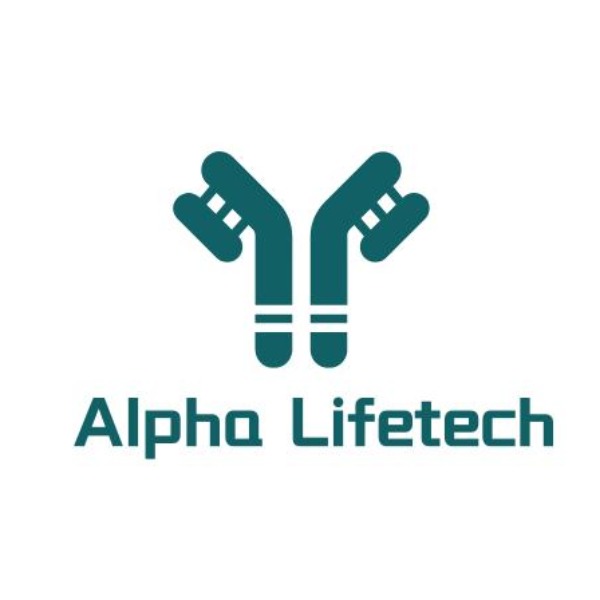Advancements in Biotechnology: High Throughput B Cell Screening-Alpha Lifetech
In the rapidly evolving landscape of biotechnology, advancements in high throughput B cell screening, B cell antibody production, and single cell sequencing are revolutionizing the way researchers approach antibody discovery and immune profiling. These cutting-edge techniques offer unprecedented insights into the immune system's response to various diseases and pave the way for the development of novel therapeutics and diagnostics.
High Throughput B Cell Screening:
High throughput B cell screening has emerged as a powerful tool for identifying antibodies with desired specificities from diverse B cell populations. By rapidly analyzing large numbers of individual B cells, researchers can isolate antibodies that target specific antigens with high affinity and specificity. This approach involves techniques such as fluorescence-activated cell sorting (FACS) or microfluidics to isolate single B cells, followed by screening assays such as enzyme-linked immunosorbent assays (ELISA) or cellular assays to identify antigen-binding antibodies. High throughput B cell screening enables the identification of rare or low-affinity antibodies and accelerates the discovery of therapeutic or diagnostic antibodies.
B Cell Antibody Production:
Once candidate antibodies are identified through high throughput screening, the next step is to produce them at scale for further characterization and development. B cell antibody production involves cloning the antibody genes from individual B cells and expressing them in recombinant systems such as mammalian cell lines or microbial hosts. This process can be optimized for high yield and purity to generate monoclonal antibodies with consistent quality and functionality. B cell antibody production plays a crucial role in supplying researchers with the antibodies needed for various applications, including research reagents, diagnostic assays, and therapeutic agents.
Single Cell Sequencing:
Single cell sequencing has emerged as a powerful technique for profiling the diversity and heterogeneity of B cell populations at the single-cell level. By sequencing the antibody genes of individual B cells, researchers can analyze their clonal diversity, somatic hypermutation patterns, and antigen specificity. This information provides insights into the immune response to diseases such as cancer, autoimmune disorders, and infectious diseases, and helps identify novel targets for therapeutic intervention. Single cell sequencing also enables the identification of rare antigen-specific B cell clones, which can be isolated and further characterized for antibody discovery and development.
Applications and Future Directions:
The integration of high throughput B cell screening, B cell antibody production, and single cell sequencing has broad applications in biotechnology, medicine, and research. These techniques are used in antibody discovery, vaccine development, immune profiling, and biomarker discovery, among other areas. In the future, advancements in automation, bioinformatics, and single cell analysis technologies will further enhance the capabilities of these techniques, enabling researchers to unravel the complexities of the immune system and develop targeted therapies for a wide range of diseases.
In conclusion, high throughput B cell screening is powerful tool in the arsenal of biotechnologists and immunologists. This techniques are driving innovation in antibody discovery and immune profiling and hold great promise for advancing our understanding of the immune system and developing next-generation therapeutics and diagnostics.
- Like
- Reply
-
Share
About Us · User Accounts and Benefits · Privacy Policy · Management Center · FAQs
© 2026 MolecularCloud




